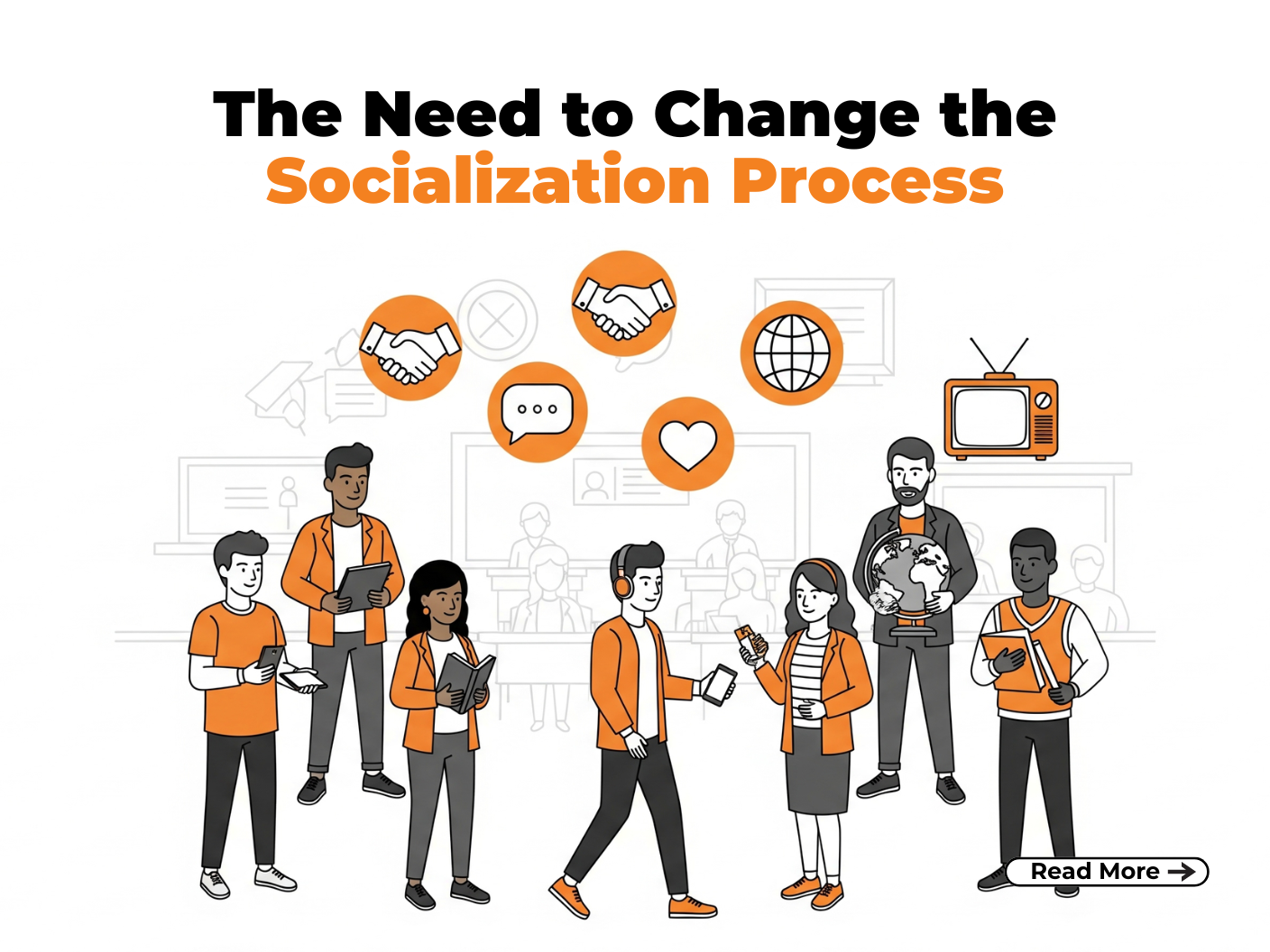To stay competitive and responsible, organisations must now align with evolving paradigms of corporate social responsibility and sustainability, social development sustainability, and environmental corporate social responsibility, especially as they transition toward Industry 5.0 frameworks. The COVID-19 pandemic has caused unprecedented disruptions in supply chains (SC), affecting all partners involved from top to bottom of the SC. To be competitive in the global business arena, companies must adopt operational management practices that facilitate rapid responses, enhance information sharing, implant trust in data sharing, ensure secure information storage, and promote environmental efficiency. Furthermore, to establish a sustainable future, companies should prioritise their employees’ well-being, safety, and work-related concerns, as these factors directly impact the quality of their final products and services.
Despite the positive impact of Industry 4.0 (I4.0) on certain micro-environmental sustainability metrics, it fails to overcome the profit-centric nature of the current production and consumption model. I4.0 prioritises profitability but exacerbates socio-environmental issues such as regional inequality, environmental degradation, and economic fragility. For this, Industry 5.0 (I5.0) comes to the fore, which represents a future industrial framework capable of fulfilling the sustainability and social responsibility needs of organisations. It enables the production of high-quality customised products through a cyber-physical system, promoting flexibility in both demand and manufacturing to enhance capacity utilisation. I5.0 presents a unique set of technologies that enhance human-machine interaction, leading to improved workplace environments and security.
As companies aim to incorporate ESG and sustainability values, the role of corporate social responsibility & sustainability becomes central in shaping inclusive supply chains that foster equity, resilience, and climate action.
While I5.0 addresses various dimensions of sustainability, the immediate outcomes are seen primarily in economic aspects, marked by enhanced production efficiency and operational improvements (Ghobakhloo, 2020). Social and environmental enhancements occur as a secondary function of these operational improvements. Evaluating the environmental aspects of SCs proves to be a difficult exercise due to the involvement of diverse partners and the intricate systems and subsystems within the chain. Although I5.0 emphasises social aspects by promoting employee well-being, safety, and continuous learning challenges comprehensively, evaluating the social sustainability of the entire supply chain remains complex. Gathering a vast dataset and ensuring its security through blockchain channels are necessary but also challenging tasks. Literature suggests that I5.0 strives to enhance fiscal, ecological, and societal aspects of sustainability. However, there is a gap in research concerning how I5.0 specifically improves the social and ecological dimensions of SC performance. Therefore, there is a need to differentiate I5.0 technologies within the SC context, supporting organisational efforts to assess and enhance social and environmental sustainability.
Despite the ongoing research on I5.0, there is still a need to delve deeper into enhancing the social and environmental aspects of SC. Additionally, the integration of operations management methods with I5.0 to enhance the sustainability dynamics of SC has not been fully explored. Therefore, I5.0 emphasises the importance for industries to reassess their current operational methods and consider whether their existing strategies need to be revised or restructured in alignment with I5.0 practices
Integration of I5.0 with environmental and social aspects from the perspective of SC will offer comprehensive guidelines for implementing I5.0 to improve SC performance. This will also help identify, explore, and systematically overcome barriers associated with integrating environmental and social sustainability methods with I5.0 technologies. Doing so will facilitate the application of digital technologies, enabling organisations to address challenges related to greenhouse gas emissions. These insights will aid industrialists in aligning their practices with environmental protection agreements, such as the Paris Agreement.
Ultimately, incorporating corporate social responsibility and environmental management, sustainability corporate responsibility, and social and environmental responsibility into Industry 5.0-driven SC strategies will empower industries to build agile, ethical, and sustainable supply ecosystems.
Potential benefits of integrating Industry 5.0 with environmental and social sustainability aspects from the Supply chain perspective
The integration will foster improved collaboration in data sharing, enhancing visibility across the SC.
Improved metrics related to environmental sustainability through increased circularity within SC.
I5.0 focuses on human-centred design and revolves digital technologies around humans, which improves safety, increases employee participation, which in turn leads to improved social and operational efficacy.
I5.0 fosters improved evidence-based decision making by analysing big data through AI AI-based system, and human beings provide logical judgment and oversight. This will, in turn, improve people’s engagement, which will boost the prospect of social sustainability in SC.
I5.0 technologies like digital twin will boost the prospects of digital manufacturing through simulation-based virtual manufacturing, which, in actual run, will reduce wastage of material, energy, and time that will in turn improve environmental efficacy of the SC.
I5.0 fosters customisation of products through agile SC by providing evidence-based decision making, flexible production lines, and simulation-assisted manufacturing systems. This will, in turn, lead to a resilient SC and lead to improved sustainability of the SC.
Challenges to integrating Industry 5.0 with sustainability aspects for improving SC performance
Identification of key metrics related to environmental social sustainability from the viewpoint of the entire supply chain.
Data sharing and security issues within all the partners of the SC, which may lead to trust issues within the SC.
Non-availability of established standards related to I5.0 that will lead validation validation-related issues from the application point of view.
Linkage of digital technologies with human senses and making the management and industrial leaders believe that both augment each other.
Lack of well-established practical frameworks and availability of real-life case studies that validate the findings of real-time application of I 5.0 within the different industries.
So, in a nutshell, it can be deduced that I5.0 is a logical extension of I4.0 that leads to a more vibrant, resilient and sustainable industry by taking care of all the partners of SC and involving all stakeholders by sensible use of digital technologies with the aid of human beings. The application of Industry 5.0 within SC is not deprived of challenges, but successful execution leads to improved workplace safety, employee engagement and satisfaction, environmental metrics that in turn lead to improved organization efficacy.

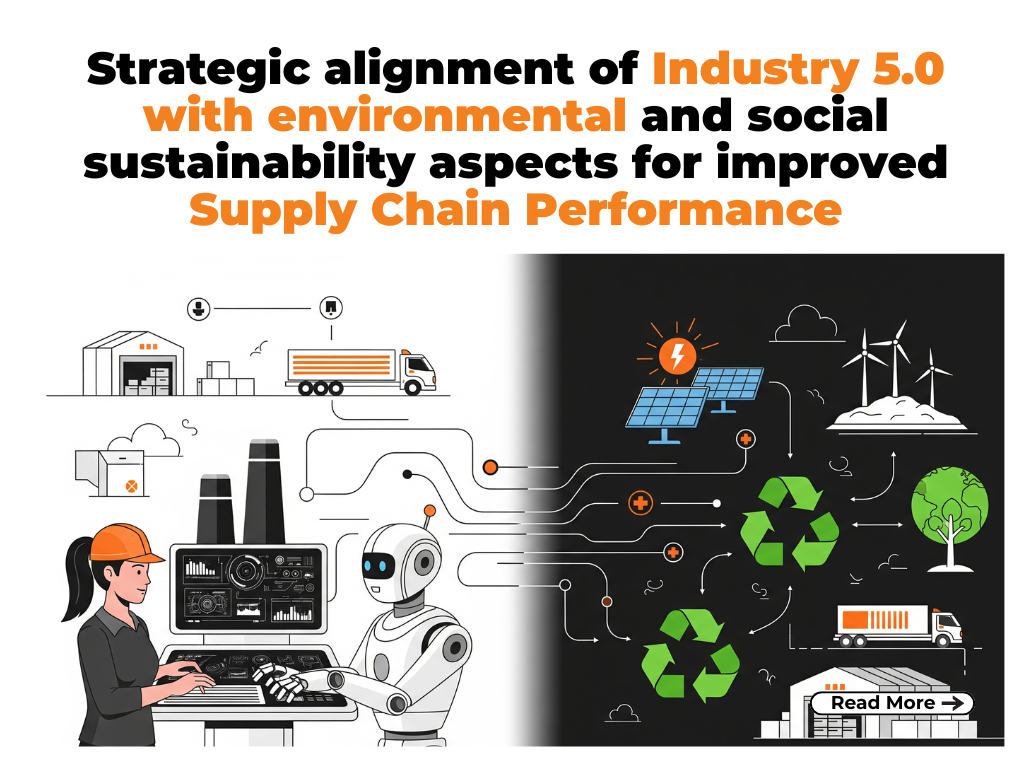
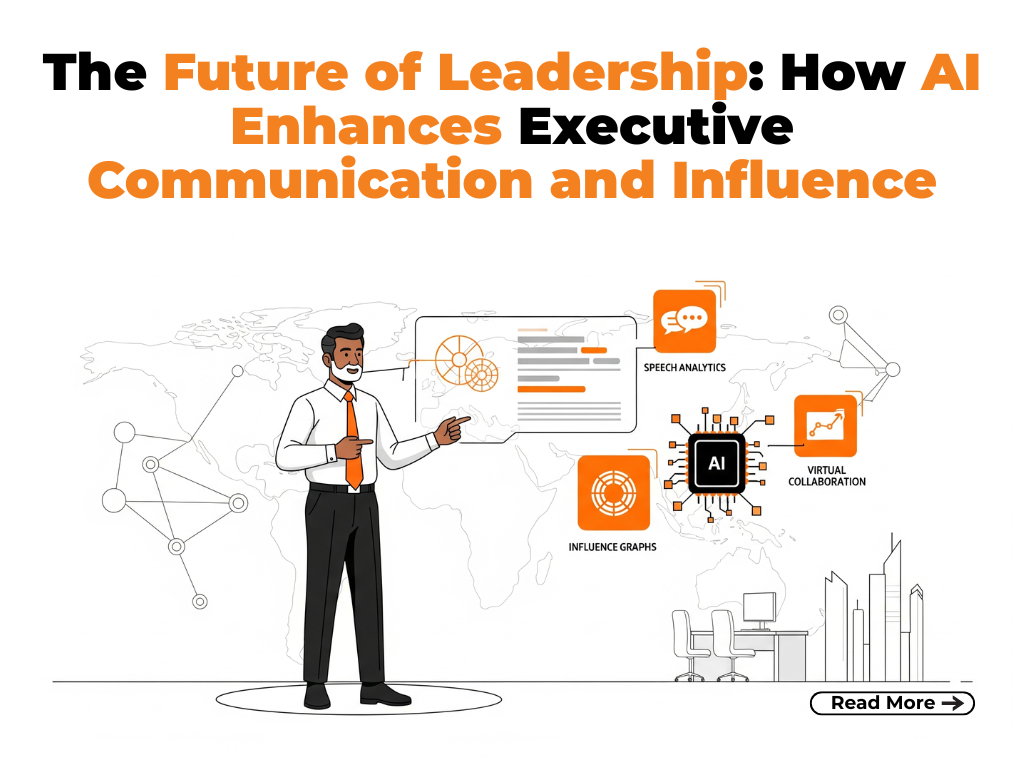
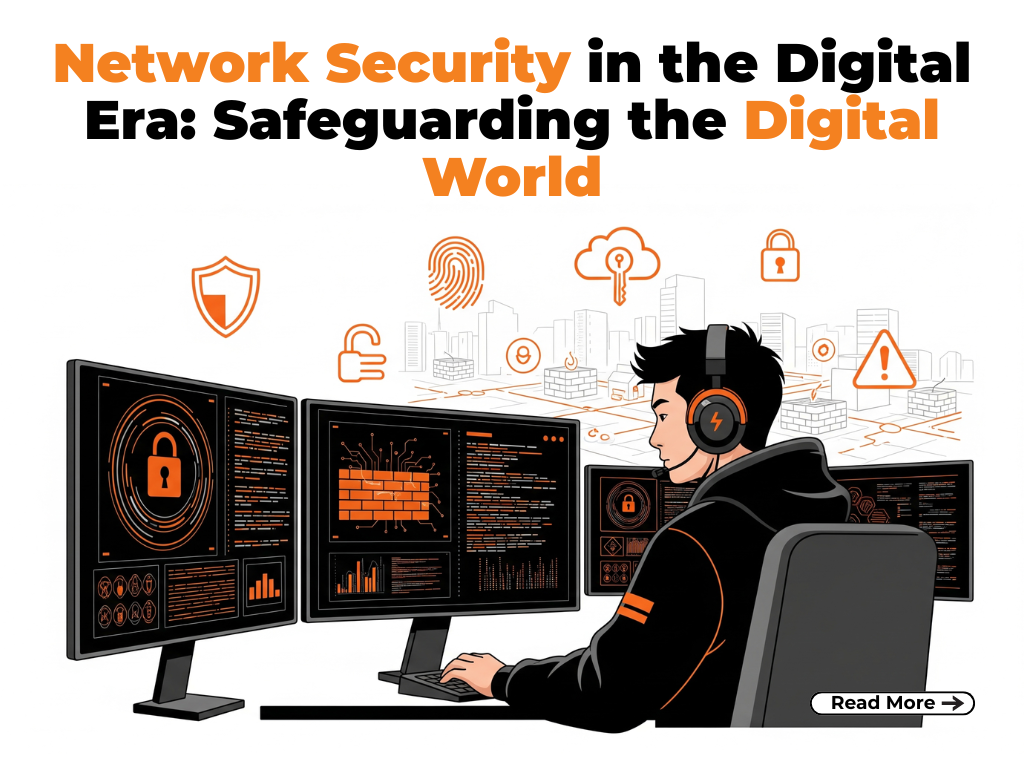
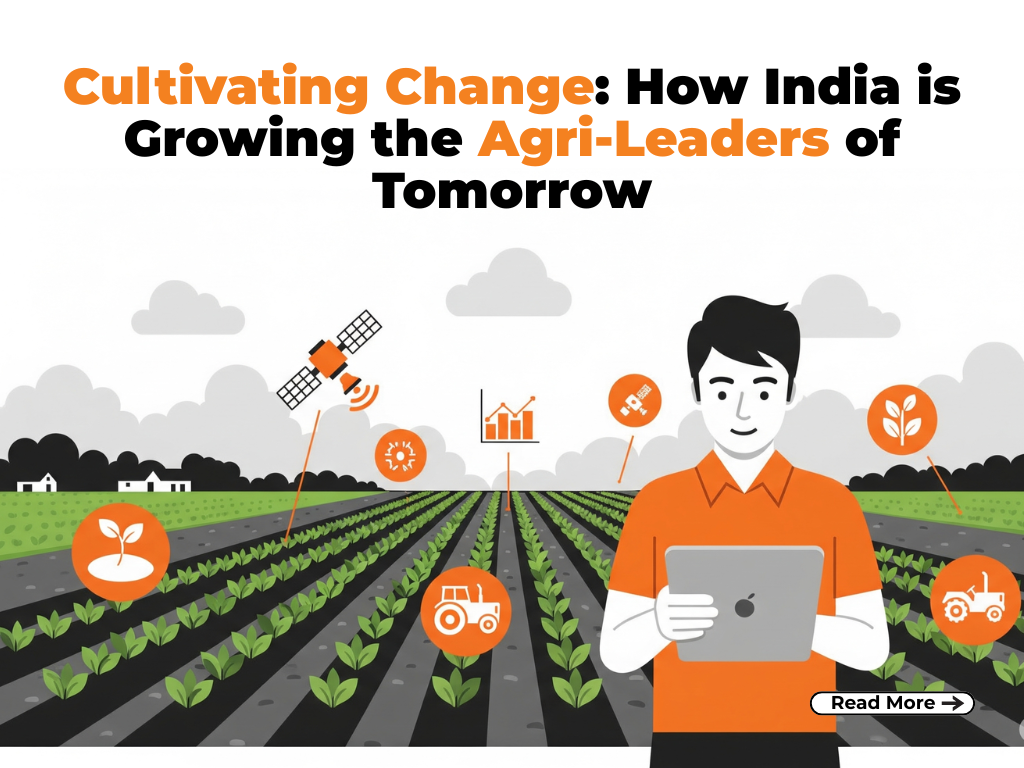
![Why B.Tech. Biomedical Engineering [Lateral Entry] at LPU Stands Out? Why B.Tech. Biomedical Engineering [Lateral Entry] at LPU Stands Out?](https://www.lpu.in/blog/wp-content/uploads/2025/11/Why-B.Tech_.-Biomedical-Engineering-Lateral-Entry-at-LPU-Stands-Out-100x70.png)








